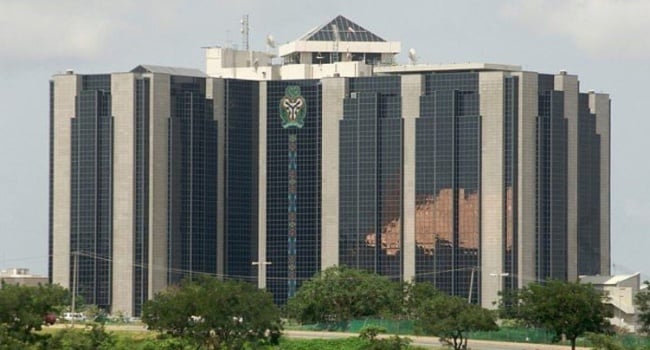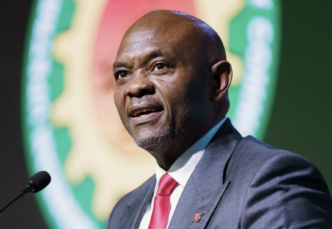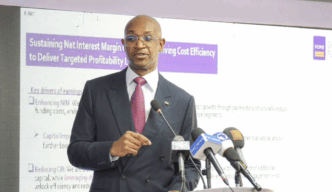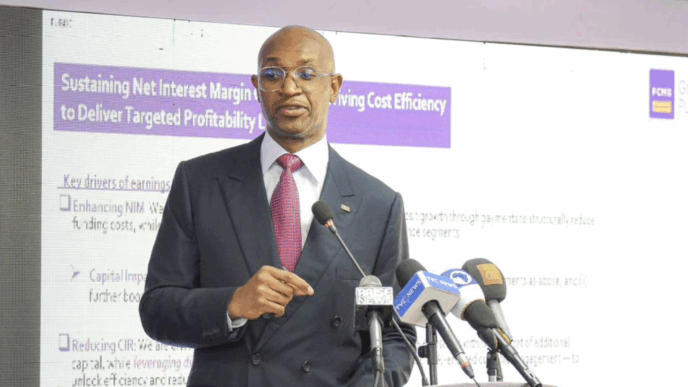
The Central Bank of Nigeria (CBN) says average monthly foreign exchange (FX) turnover in the country increased to $8.6 billion in 2025.
Mohammed Sani Abdullahi, the deputy governor for economic policy at the Central Bank of Nigeria (CBN), spoke on Wednesday during an investors forum on the sidelines of the annual meetings of the International Monetary Fund (IMF)/World Bank in Washington D.C, United States.
Over the last two years, Abdullahi said the country has placed strong emphasis on improving foreign exchange (FX) inflows into the economy, and as a result, “we’ve seen a significant jump”.
Advertisement
“FX supply at the official window has significantly improved and been driven by order-based quotation, a lot of reforms around remittances and all the other issues that I mentioned, and the clearance of backlogs and all outstanding obligations,” he said.
“There’s been a significant increase in the average monthly turnover to $8.6 billion monthly in 2025 versus an average of $5.5 billion and much less in the year before. Today, CBN stands as a net supplier by less than about a percentage of the market turnover. We’re actually a net buyer in the market.”
He said the country has also been rebuilding its external buffers over the past two years to strengthen its resilience to economic shocks.
Advertisement
“It is, as much as possible, an active market — an ethical market — where players are supplying and buying in a very transparent manner,” Abdullahi said.
“We are currently commencing a reform together with stakeholders, SEC and the Pension Commission, of the secondary market to also improve investable instruments for investors, to deepen that market, to bring in transparency and ensure ethical conduct in that segment.”
The deputy governor added that the country now has deeper, more functional financial markets that are also more robust and transparent.
Advertisement










